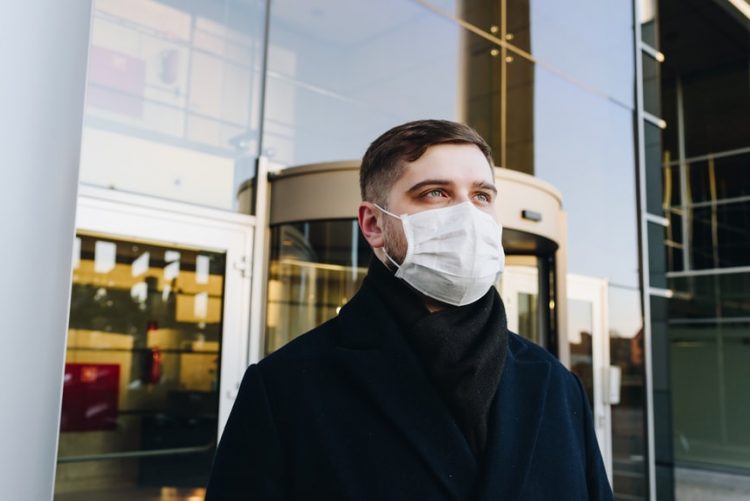The pandemic has forced everyone to keep traveling to a minimum. That said, there are groups of people whose line of work requires them to travel to other states or provinces within their home country, or even abroad.
While tourism may not be at its best this coming year, businesses will still have to find ways to continue. To accommodate these businesses, airlines around the world are doing their best to transform air travel into a safer experience free from COVID-19 risks.
When it comes to boarding flights, there’s no one better than a flight attendant to make sure all passengers comply with the new rules for safer flights. The role of a flight attendant in keeping everyone safe is more important now than ever. Here are some of the new in-flight rules they are now tasked to oversee:
Wearing a face mask
What is equally important as wearing a seatbelt? Wearing a face mask. All airlines now require passengers to wear facial coverings at all points of the flight. It is the flight attendant’s job to make sure everyone is complying with this safety policy.
There are variants of this policy. JetBlue, the first U.S. airline to mandate that all passengers wear masks, exempted children who “are not able to maintain a face covering.” Air Canada requires customers to bring their own face coverings but they can be scarves and not medical masks.
American Airlines, on the other hand, provides face masks and sanitizing wipes to all customers until supplies last. If you are boarding from the Dubai International Airport, Emirates’ home base, all fliers and employees must not only wear masks but also gloves.
Over at The Lufthansa Group, which includes Lufthansa, Swiss, and Austrian Airlines, as well as budget carrier Eurowings, passengers are required to bring their own facial coverings, ideally reusable fabric masks, disposable masks, or scarves. The carriers’ flight attendants will also be required to wear masks through at least Aug. 31, 2021.
In Southwest, the airline will provide face masks if the passengers forget to bring theirs. They also give free sanitizing wipes upon request.
As for safety professionals, flight attendants should also adhere to wearing face masks. Carriers like Qatar and Emirates have mandated their crew to do away with their usual makeup and stylish uniforms to don head-to-toe protective gear.
Physical distancing
Almost all airlines have the policy of blocking middle seats. In the case of Emirates, the carrier is inserting empty seats between family groups on board its planes. In Europe’s low-cost airline Ryanair, passengers are not allowed to leave their seats unless they have to use the toilet. The flight attendants are also responsible for avoiding queues for the lavatory onboard.
Temperature checks and tests
Delta employees are required to undergo temperature checks and must also wear masks when within six feet of others. Over at Emirates, the carrier partnered with the Dubai Health Authority to conduct rapid blood tests for COVID-19 for both employees and passengers before boarding.
Reduced amenities
Flight attendants are also now prohibited from providing amenities such as a hot towel or cocktails to limit contact with passengers. The once-lavish meals are also packaged in bento boxes and are paid via cashless transaction. Delta also reminds passengers of the new rules through the Delta app and via email.
Post-pandemic air travel changes so quickly so it can be challenging to keep up. Flight attendants must embrace the new air travel rule: change is the only constant.
Check out our other articles here on MSM Unify overseas education consultancy, for more information on traveling.












